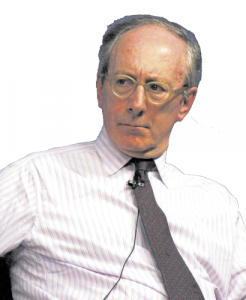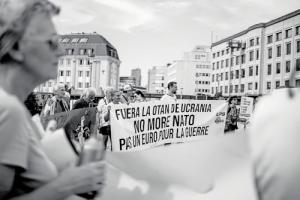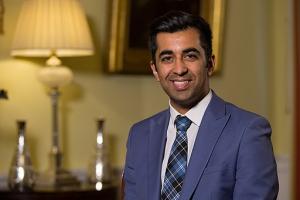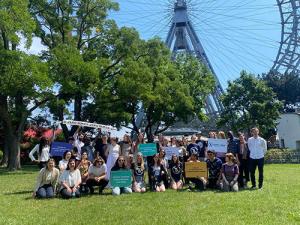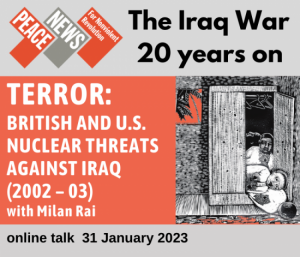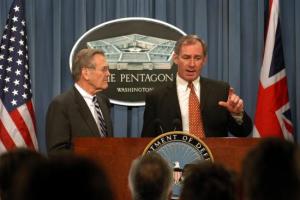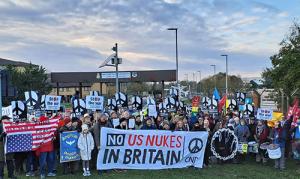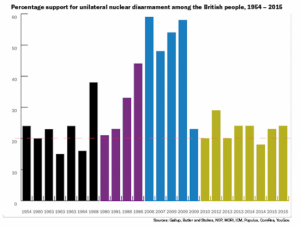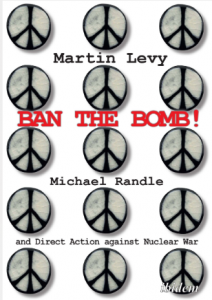Some 30 years ago, a British defence secretary told the world that Britain wanted to be able to launch a ‘limited nuclear strike’ at an enemy in order to deliver ‘an unmistakable message’ of its willingness to defend its ‘vital interests’. That was Conservative MP Malcolm Rifkind, on 16 November 1993, admitting some nuclear ‘credibility’ problems.
His words become clearer if we turn back to the 1991 war on Iraq, where one of the big surprises was that the Iraqi dictator, Saddam…


